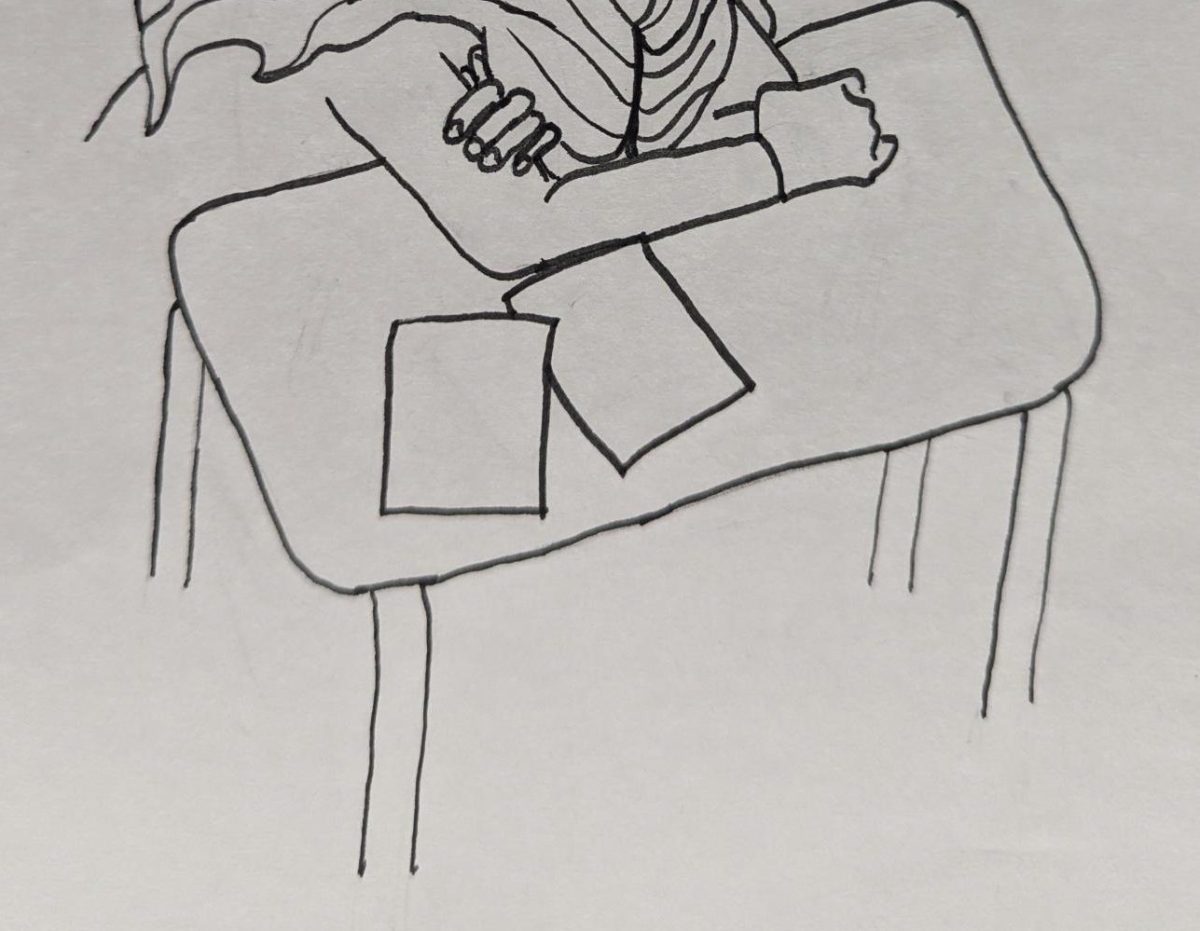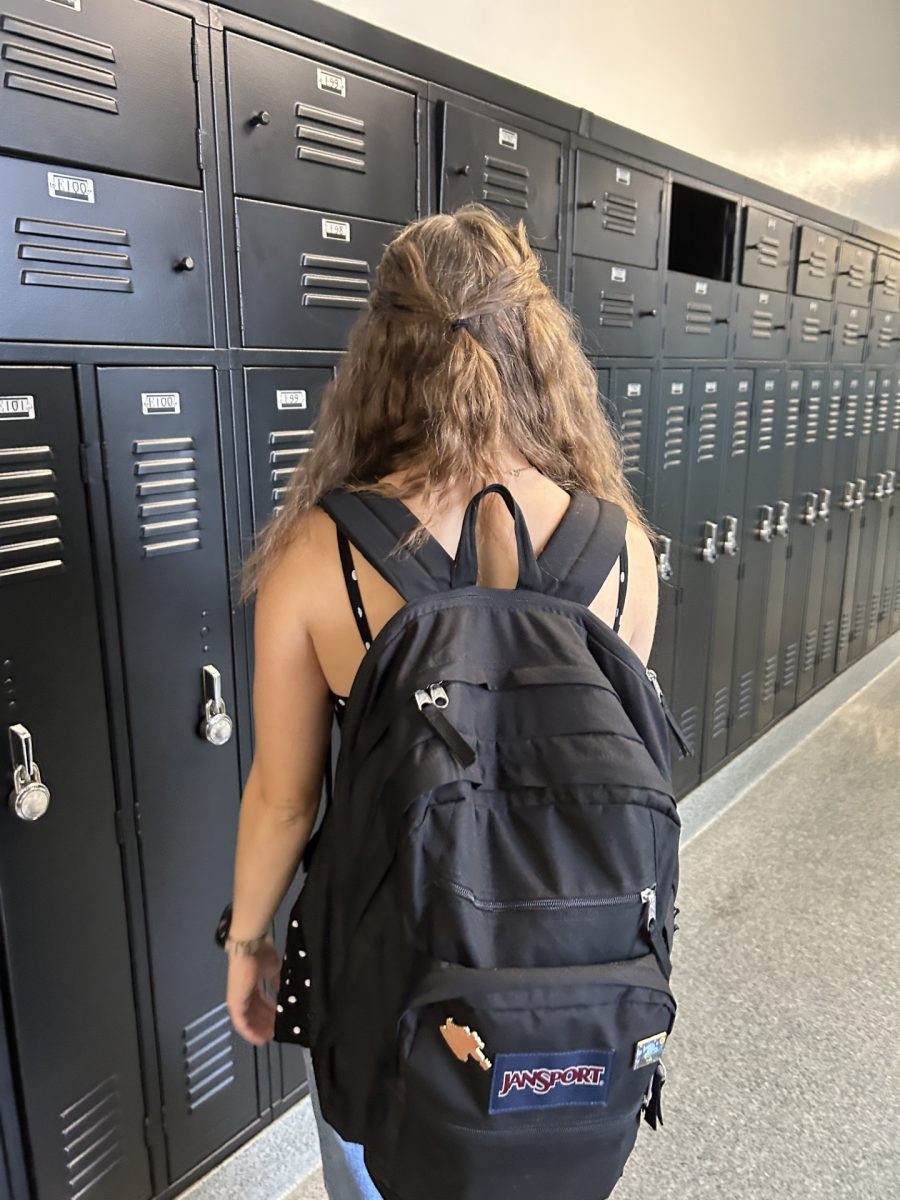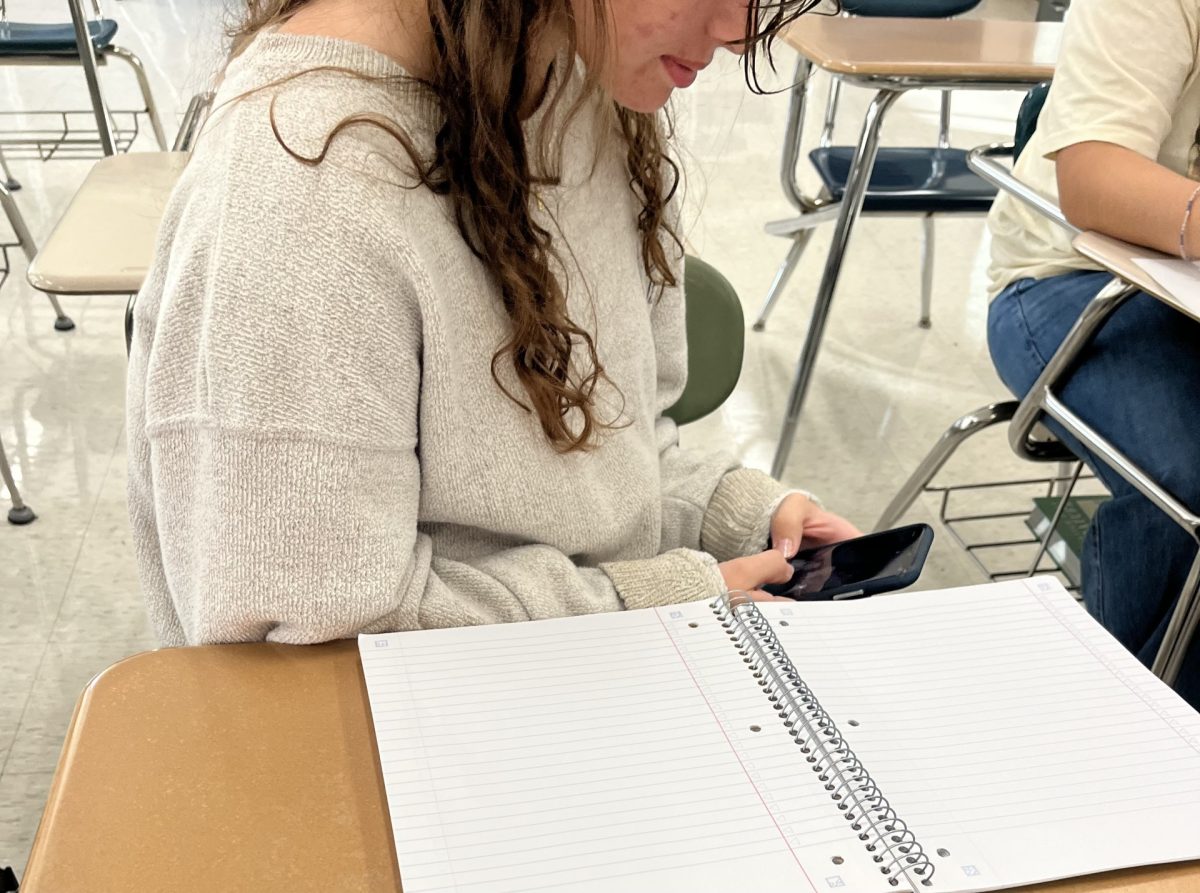Pennsylvania House Bill 1848 was introduced on Nov. 14, 2023, and referred to the PA Education Committee of the House. If passed, secondary schools will be required to start at 8:15 a.m. or later possibly beginning with the 2026-27 school year.
HB 1848 aims to reduce adolescent sleep deprivation by starting school later and providing more education on healthy sleep habits, according to its description by the Pennsylvania General Assembly.
“On April 4… PA Senate Education Committee Chairman David Argall presided over a hearing to better understand the later secondary school start times movement,” according to Start School Later website (startschoollater.net). Start School Later, according to its own description, is a nonprofit organization made up of “a coalition of health professionals, sleep scientists, educators, parents, students and other concerned citizens.”
Adolescents need eight to ten hours of sleep each night to properly function, but only 15 percent of students get 8.5 hours of sleep, according to information gathered by the Sleep Foundation research organization and published by Start School Later.
“Obligations like early school start times, homework, extracurriculars and social activities can make it hard for teens to get enough sleep,” according to the Sleep Foundation article.
Milton High School currently starts at 8 a.m. and dismisses at 3 p.m. According to Superintendent Dr. John Bickhart, previous start and dismissal times included 7:57 a.m. to 3:16 p.m. in 2008-2009, 8:07 a.m. to 3:25 p.m. from 2010-2013 and 8:04 a.m. to 3:28 p.m. from 2013-2017.
“Ultimately, we will look at the impact as we move forward (setting the school day times), but it is not that significant as we already start at eight o’clock,” said Dr. Bickhart.
Dr. Bickhart added that HB 1848 will have more of an impact on schools that start at earlier times, like 7:30 a.m.
Elementary school kids typically start school earlier because they are up earlier and are “more energetic” at that time, while the energy of middle school and high school students increases around 10 a.m. or 11 a.m., said Dr. Bickhart.
“Biological sleep patterns shift toward later times for both sleeping and waking during adolescence — meaning it is natural to not be able to fall asleep before 11 p.m.,” according to Start School Later.
Dr. Bickhart said the ideal start time comes with a few problems, which include less time for students participating in extracurriculars, older students having to take care of younger siblings and students having jobs after school.
Athletics become one of the major concerns with a later school day since not every team has the ability to practice “under the lights,” and students would be missing even more class time for competition early dismissals, added Dr. Bickhart.
Bussing presents another concern, as the elementary schools start earlier than the secondary schools, said Dr. Bickhart. He added Baugher Elementary School starts at 7:50 a.m. and dismisses at 2:20 p.m., while White Deer Elementary School starts at 7:45 a.m. and dismisses at 2:15 p.m.
According to Dr. Bickhart, he does not intend to start any later than an 8:15 a.m. at the high school to make sure students have enough time for after school activities. “I think drastic changes would be very difficult for people,” he added.
“Laws get enacted, and it takes three years into their enactment for it to even be like, ‘what does that really mean?’” added Dr. Bickhart. “… Sometimes, we need more guidance, so I would assume that we will get some additional guidance on what’s expected of us.”
If HB 1848 does not pass, Milton High School will not change their school day time, said Dr. Bickhart. If passed, the tentative new start and dismissal times could be 8:15 a.m. to 3:15 p.m., he added.
In that case, students may not be able to enter the school until 7:30 a.m. compared to the current 7:15 a.m. due to teacher coverage, said Dr. Bickhart. He added the ability of parents being able transport students to school and still make it to work impacts the elementary school schedule more.
Dr. Bickhart said transportation issues are more likely to happen if changing the high school to earlier interferes with busing for the elementary schools.
If HB 1848 is passed, the requirement to provide more education on healthy sleep habits could be implemented within the eleventh-grade health course or within possibly new courses that focus on “real world, real life things,” said Dr. Bickhart. He added that specialists could come to the school to discuss sleep health with students.
“…Profound mental, physical, social and emotional development requires quality sleep,” according to Sleep Foundation. The Sleep Foundation research added that adequate sleep brings better memory, mood, immune system, muscle recovery and academic success.
According to Sleep Foundation, sleep deprivation leads to an increase in risky behavior in teenagers. “Sleep deprivation can affect the development of the frontal lobe, a part of the brain that is critical to control impulsive behavior,” according to the article.
To improve sleep, teenagers should create a consistent bed time routine, make sure to “budget” time for sleep and decrease drinking caffeine and using electronics in the afternoon, according to the Sleep Foundation article.
Dr. Bickhart said the greatest concern with sleep deprivation to Milton students is negative impacts on their cognitive abilities, meaning a decrease in their ability to learn and retain information.
“It’s so much easier to drift off and not be engaged when you’re tired,” added Dr. Bickhart. “It doesn’t matter if you’re my age, your age or five years old. If you haven’t slept, you’re off in your own world.”




